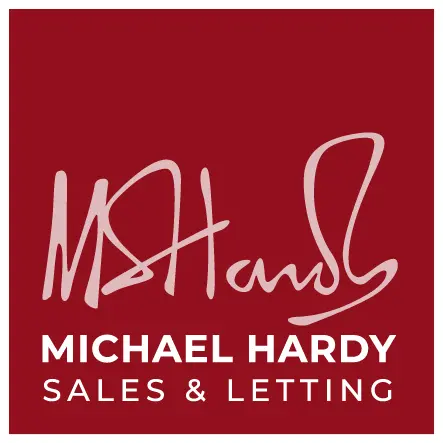We're first to admit that there's too much jargon and legal lingo used in the property industry these days, and we realise it's no good to the people whose lives it affects most – the buyers and sellers.
Freehold and leasehold are two obvious examples, so below are explanations of both, and a bit about how they affect you and your search for the perfect home. Turns out, neither term is as technical as you might think, and understanding them could ensure you're left completely pleased with your big, life-changing purchase.
Different types of ownership
The thought of actually owning a property – instead of paying for the privilege of sleeping in somebody else's – is what excites most first-time buyers. There are, however, different types of ownership; freehold and leasehold.
What is freehold?
Freehold, the more common of the two, will be preferred by most. It means you own the property outright, and this includes the land on which the building stands. It's an agreement that lasts forever, or at least until you pass the property on to someone else.
If the Land Registry has you down as the property's “freeholder”, you won't have to pay ground rent; an annual charge that we'll explain in more detail later on. At the same time, though, you're also responsible for maintaining the building's structural state. This includes the walls and the roof.
If you're buying a whole house, as opposed to part of another building, it'll more than likely be sold freehold.
What is leasehold?
Leasehold is ownership, but not entirely so. It means you have a lease from the freeholder – or landlord – to use the property for a certain amount of time. Sounds a bit like renting, right? Well, it's different in that these agreements last a LOT longer. Contracts tend to run for decades or even centuries at a time.
The contract between the leaseholder and their landlord will cover all of the legal rights and expectations of both sides. This will usually include the latter taking responsibility of maintaining the building's exterior walls and roof, although this isn't a given; agreements can and do differ.
As is the case when renting, leaseholders must obtain permission for any major work to be carried out on the building. Conservatories, extensions and patios are all included here. Some agreements also restrict the ownership of pets, and the ability to sublet.
Last but not least, the leaseholder is usually required to pay annual ground rent to the freeholder. This pays for the land on which the property is built, and can be anywhere from £50 to a few hundred; it depends on the property and the agreement in place.
Which is best?
There's a reason most people would choose freehold over leasehold if given the option. You have more control; everything comes down to you. While you are required to pay for all of the maintenance, it means you can choose how you go about it. You might find that it costs more to go down this route, but the rewards are well worth it in the long run.

